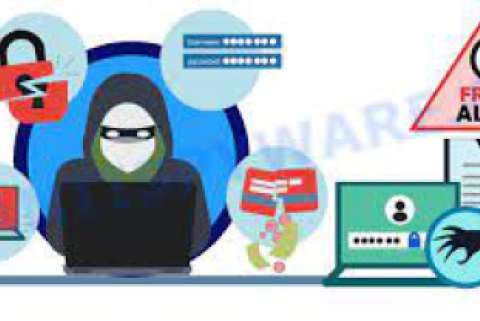Introduction
In the realm of telecommunications, the Telephone Consumer Protection Act (TCPA) stands as a critical shield against intrusive and unwanted communications, particularly the persistent menace of robocalls. Area Code 929, encompassing the vibrant region of Long Island, NY, has found itself at the center of the battle against incessant robocalls and spam calls. This article delves into the complexities of TCPA compliance, explores the prevalence of robocalls in Long Island, and provides insights into mitigating the challenges posed by these intrusive communications.
Understanding the Telephone Consumer Protection Act (TCPA)
TCPA Overview
Enacted in 1991, the TCPA addresses concerns related to unsolicited telemarketing calls, automated dialing systems, and prerecorded messages. It aims to protect consumers from the annoyance and intrusion caused by robocalls and establishes guidelines for obtaining consent and maintaining a National Do-Not-Call Registry.
Key Provisions of TCPA
TCPA prohibits the use of automated dialing systems to make calls to residential lines without prior express consent. Additionally, it regulates the use of prerecorded voice messages and mandates compliance with the National Do-Not-Call Registry to respect the preferences of individuals who opt out of telemarketing calls.
Robocalls in Area Code 929 - A Growing Challenge
Prevalence of Robocalls in Long Island, NY
Area Code 929, covering the dynamic region of Long Island, NY, has witnessed a surge in robocall and spam call activity. The community faces challenges stemming from unsolicited calls, leading to increased concerns about privacy, security, and the need for effective TCPA compliance measures.
Impact on Consumer Experience
The incessant onslaught of robocalls not only disrupts the daily lives of Long Island residents but also poses potential risks, such as falling victim to scams or inadvertently sharing sensitive information. This impact on the consumer experience emphasizes the urgency of addressing robocall challenges in TCPA compliance efforts.
Legal Considerations in TCPA Compliance for Area Code 929
Prior Express Consent in Area Code 929
Obtaining prior express consent is a paramount legal consideration for businesses operating in Area Code 929. TCPA mandates that automated calls, including robocalls, can only be made with the recipient's explicit consent. Failure to secure such consent can lead to TCPA violations and legal consequences.
National Do-Not-Call Registry Compliance
Adhering to the National Do-Not-Call Registry is critical for businesses targeting consumers in Area Code 929. Regularly monitoring and scrubbing call lists against the registry ensure that individuals who have opted out of telemarketing calls are not contacted, demonstrating respect for consumer preferences.
Mitigating Robocall Challenges: Best Practices
Implementing Robust Consent Mechanisms
Businesses operating in Area Code 929 should prioritize implementing robust consent mechanisms. Clear and comprehensive procedures for obtaining prior express consent are essential to ensure TCPA compliance and build trust with consumers.
Utilizing Call Filtering Technologies
Leveraging advanced call filtering technologies can aid businesses in screening and identifying potential robocalls. Implementing these technologies enhances the effectiveness of TCPA compliance efforts and minimizes the impact of unwanted calls on consumers in the Long Island area.
Challenges and Considerations in Robocall Mitigation
Technological Advancements and Evolving Tactics
The ever-evolving landscape of technology presents challenges in staying ahead of robocall tactics. Businesses must continuously adapt their strategies to address new techniques employed by spammers, reinforcing the need for constant vigilance and innovation.
Collaboration with Regulatory Authorities
Collaborative efforts between businesses and regulatory authorities are crucial in mitigating robocall challenges. Sharing insights, reporting suspicious activities, and participating in industry-wide initiatives contribute to a collective approach to combating the menace of unwanted calls.
Conclusion
In conclusion, the prevalence of robocalls in Area Code 929 on Long Island, NY, underscores the importance of robust TCPA compliance measures. Businesses must prioritize obtaining prior express consent, adhering to the National Do-Not-Call Registry, and implementing advanced technologies to mitigate the challenges posed by robocalls. By doing so, businesses not only comply with legal requirements but also contribute to fostering a more secure and respectful communication environment for consumers in the Long Island area. The ongoing battle against robocalls requires a concerted effort from businesses, regulatory authorities, and technology providers to ensure the effective implementation of TCPA regulations and protect the rights and privacy of consumers in Area Code 929.



